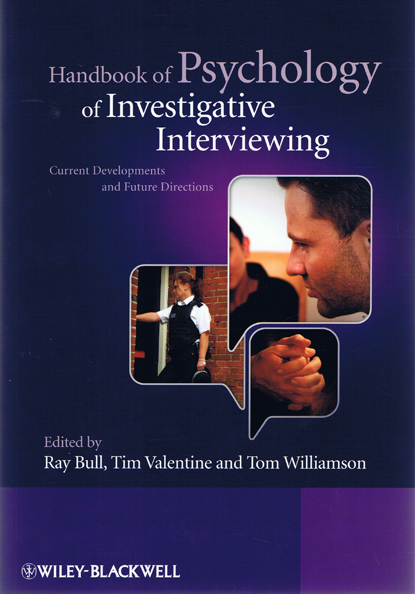
Investigative interviewing, and the information obtained from witnesses and victims, plays a vital role in criminal investigations. This comprehensive handbook explores current developments taking place in this rapidly developing field.
An authoritative handbook created by prestigious editors and an international team of recognised authors International in its focus - the book assesses current developments taking place in several countries Takes a holistic approach to the process by including sections on eyewitness indentification and evaluating truthfulness